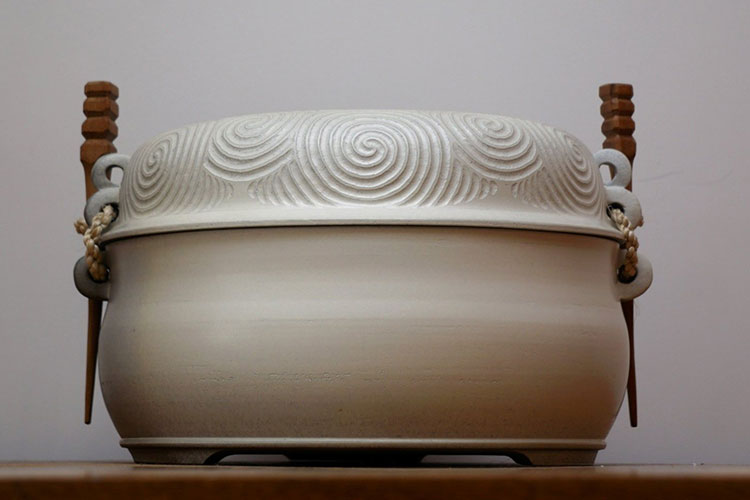The Hawea Maehe story begins and ends in Wairoa.
“I was born here - with whakapapa to Kahungunu, Pahauwera and Rakaipaaka - and Wairoa has always been home,” he says.
Hawea left school at 10, and after several challenging events in his young life, he spent some time in youth residences and prison.
When he returned to Wairoa in his early 20s, Hawea had studied hospitality and was working in a kitchen when he saw a group of young men outside heading down the same path he’d been down before.
“It was a school day, the boys were hanging outside the shop, I saw myself all over again and I had to do something about it,” he says.
“I chucked in my dishtowel, went home, had a karakia and went to EIT. They referred me to Te Wānanga o Aotearoa, where they were offering a Certificate in Social Services, so I enrolled.”
He completed the certificate, enrolled to do Ngā Poutoko Whakarara Oranga – Bachelor of Bi-cultural Social Work – and found work with Kahungunu Executive as a community support worker.
He completed the degree and is now studying towards He Waka Hiringa - Masters of Applied Indigenous Knowledge with Te Wānanga O Aotearoa and intends pursuing a doctorate.
To make his journey a little easier, Hawea was recently awarded the $4000 He Waka Hiringa/Masters in Applied Indigenous Knowledge Scholarship by the Aotearoa Scholarship Trust.
Along with helping to pay his study fees, “it will save me bit more money to look after my family,” the father of four says.
Hawea says he wasn’t always in trouble when he was young.
“Before I left home, Te Ao Māori and the gospel were valued in my whānau and that’s what got me through the trials and tribulations I faced in life,” he says.
Coming home to Wairoa was the catalyst for change.
“When I come home I went back to church and I felt what I felt as a child, the source of spiritual strength and inner value. When I went to the wānanga, I made that same connection with my cultural values and identity. My education, in particular, is a credit to Te Wānanga o Aotearoa, it has definitely been a pursuit of mauri ora.”
Hawea is now employed as a social worker in a community he knows well and where there is a rich cultural heritage.
“I love my mahi,” he says.
“It’s about Te Whakakoha Rangatiratanga with our people, the environment and any relevant kaupapa.”
And he says he has no intention of leaving his hometown anytime soon.
“It’s a beautiful place surrounded by natural resources. We have everything we need around us. The answers are found in our own indigenous bodies of knowledge. I’m not going anywhere. I’m here for good.”
“Hokia ki ōu maunga kia purea e koe e ngā hau a Tāwhirimatea.”
(Return to your maunga and be cleansed by the winds of Tāwhirimatea.)




































